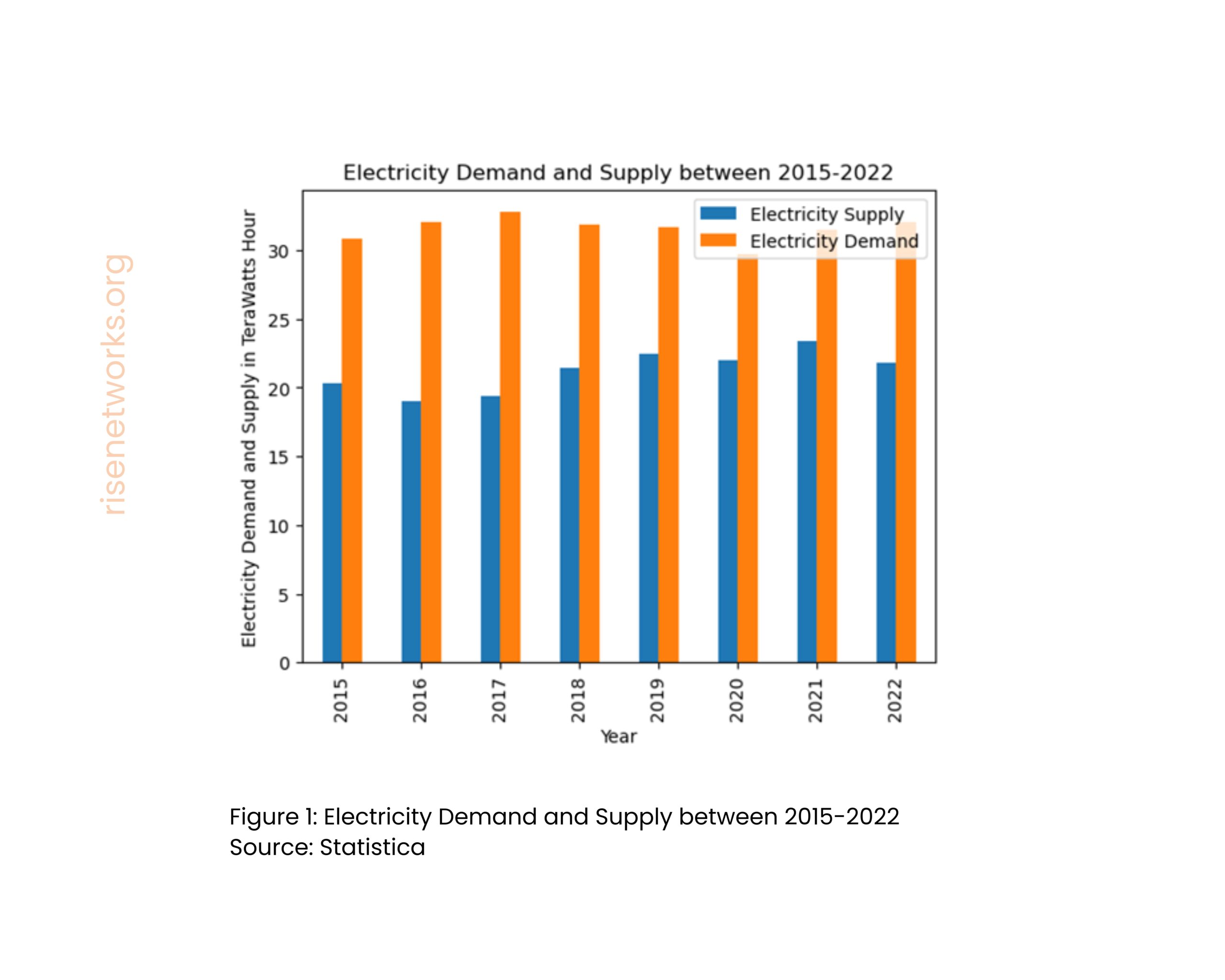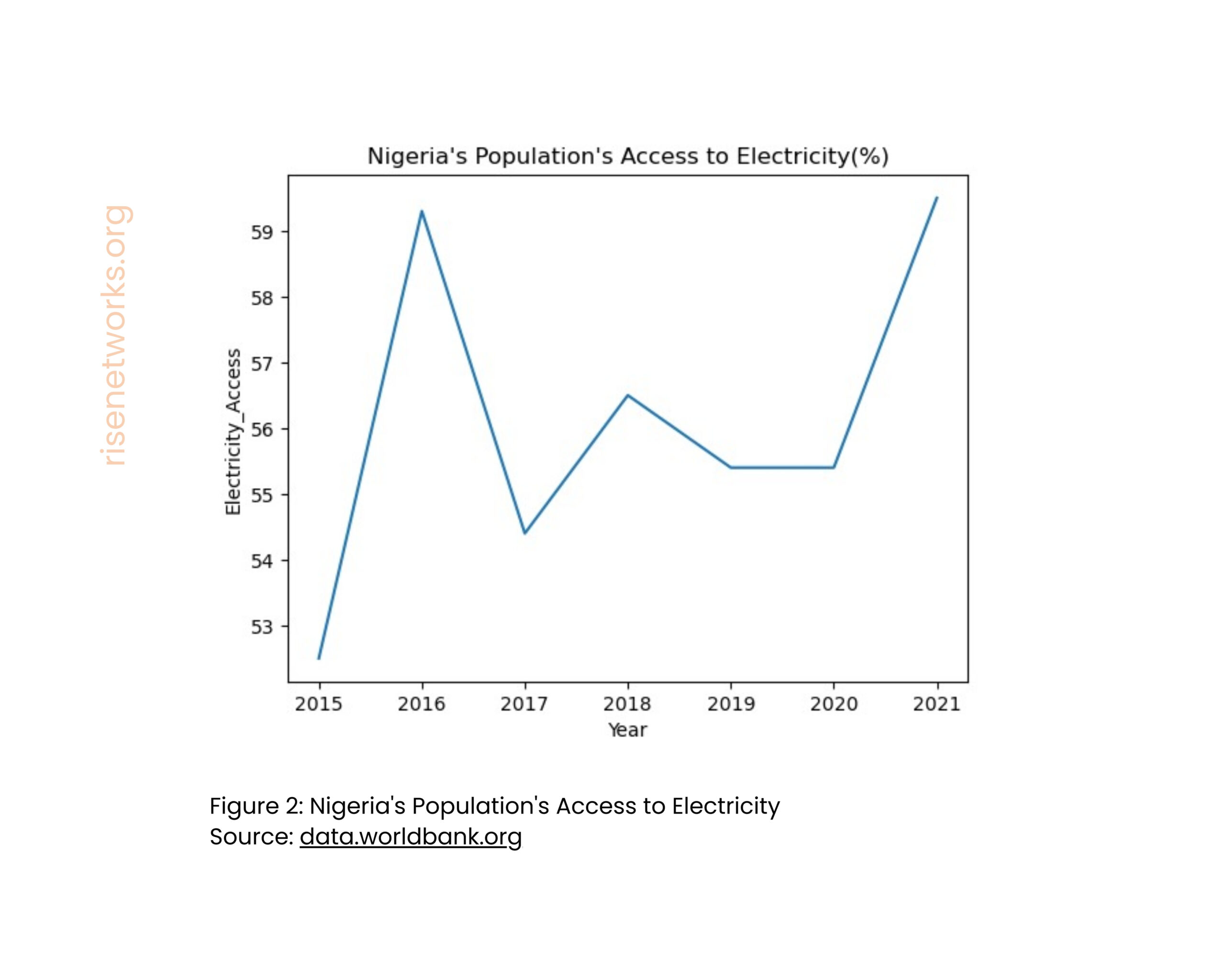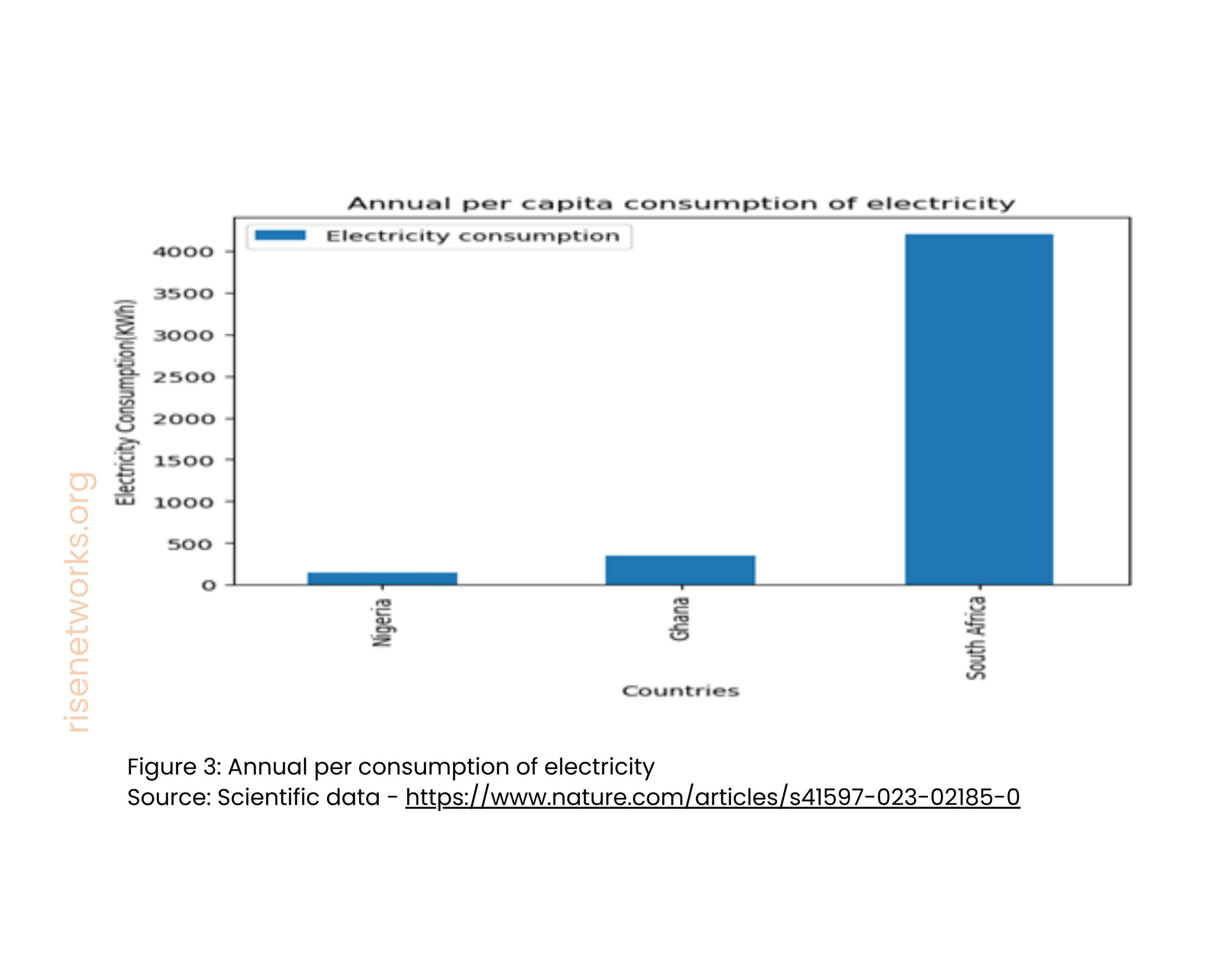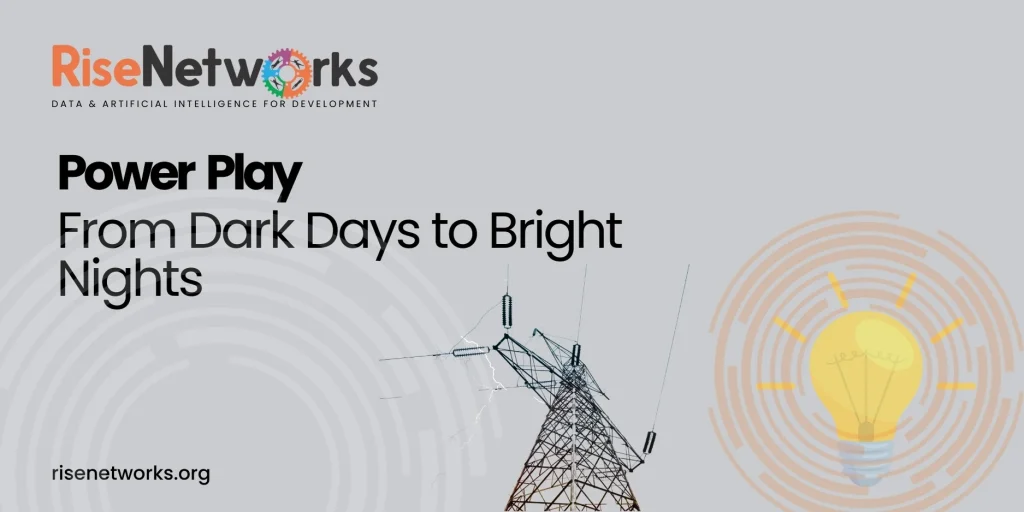Nigeria, despite being Africa’s largest economy, grapples with a myriad of challenges in its electricity sector. Frequent power outages, inadequate infrastructure, and a lack of investment have hampered efforts to provide reliable and accessible electricity to all citizens. These challenges have profound implications for economic development, social welfare, and overall quality of life for millions of Nigerians. The population of the country was estimated to be 226.2 million in 2023. In Nigeria, a large amount of energy production is required to meet the needs of individual consumers for electrical energy. About 8,415 GWh of electricity were produced in September 2023. This is less than the 8,767 GWh of electricity supplied in the same year’s preceding quarter. Nigeria’s energy consumption has consistently outpaced its supply throughout the years. Clearly, greater expenditures in the generation of power are required to close the current supply-demand imbalance in the nation.
Invest in Women: Accelerate Progress
It is International Women’s Month this March. Celebrate the women in your life by gifting them a professional course on Digital Transformation. Click here

Accessing Electricity
Not everyone in Nigeria is able to obtain electricity for use. As of 2021, over 85 million (59.5%) Nigerians lacked access to electricity. Businesses and households with access to the national grid have faced unreliable and insufficient supply, a gap often filled with power from petrol and diesel-run generator sets that are costly and highly polluting to people and the environment.

As at 2020, there was a big gap between the rural and urban areas as regards access to electricity (24.6% vs 83.9%). At the same time, nearly 30 million Nigerian households depend on wood as a source of cooking fuel, the collection of which is time consuming and mainly done by women.
The annual per capital consumption of Nigeria (144 KWh) when compared to Ghana and South Africa respectively 351 KWh and 4,198 KWh is very poor. Plagued by issues of supply quality, many Nigerians have resorted to self-generation using petrol and diesel generators.

|
|

